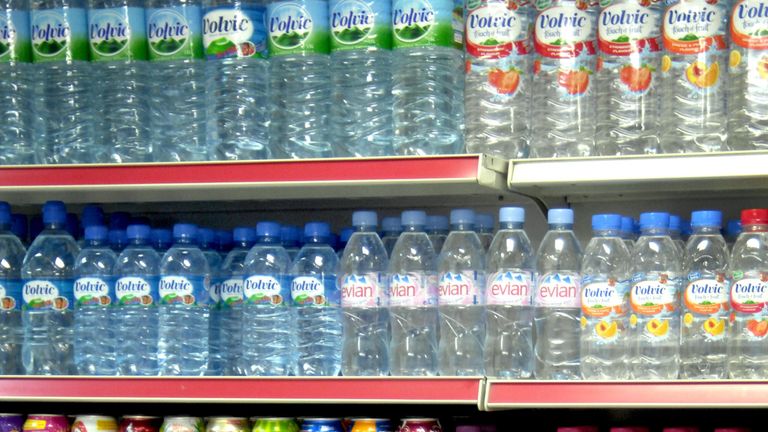Increasing the cost of sugary snacks could be more effective at tackling obesity than the tax on sugary drinks, according to a new study.
The authors of the British Medical Journal (BMJ) research found the introduction of theSoft Drinks Industry Levy in April last yearled to a “wave of reformulation “by the drinks industry.
But they said a voluntary sugar reduction program in place since 2016 has seen comparably “modest impacts”, with small reductions in the sugar content of confectionery.
While the sugar levy has targeted consumption of sugary drinks in the UK, high sugar snacks including biscuits, cakes, chocolates and sweets make up more free sugar and energy intake.
According to the National Diet and Nutrition Survey, on average, sugary drinks contribute 2% of energy and 11% of free sugar intake, compared with 12% of total energy and 26% of free sugar intake from biscuits, cakes and confectionery combined.

This has led researchers from the London School of Hygiene and Tropical Medicine and the University of Cambridge to suggest reducing purchases of these snacks could have a greater impact on population health.
They modeled a scenario where the cost of sugary snacks was increased by 20, based on food purchase data for 36, 324 UK households and National Diet and Nutrition Survey data for 2, 544 adults.
They grouped the results by household income and body mass index (BMI) and predicted the 20% increase would reduce annual average energy intake by around 8, 900 calories, leading to an average weight loss of 1.3kg.
This “plausible “estimate compares with an average weight loss of 203 g with the tax on sugary drinks.
The authors believe a snack tax is “worthy of further research and consideration as part of an integrated approach to tackling obesity”.
They wrote: “There is a strong rationale for using fiscal policy to improve diet and health, to change consumer purchasing and encourage manufacturers and producers to reformulate or increase availability of healthier options.
“Taxes on food and beverages are regressive because families on lower incomes who spend a higher percentage of their income on food will be disproportion ately affected.
“This could be justified if decreased consumption reduced health inequalities and if revenues were to be used to amplify health benefits through subsidies for healthy foods or community intervention programs.”







GIPHY App Key not set. Please check settings